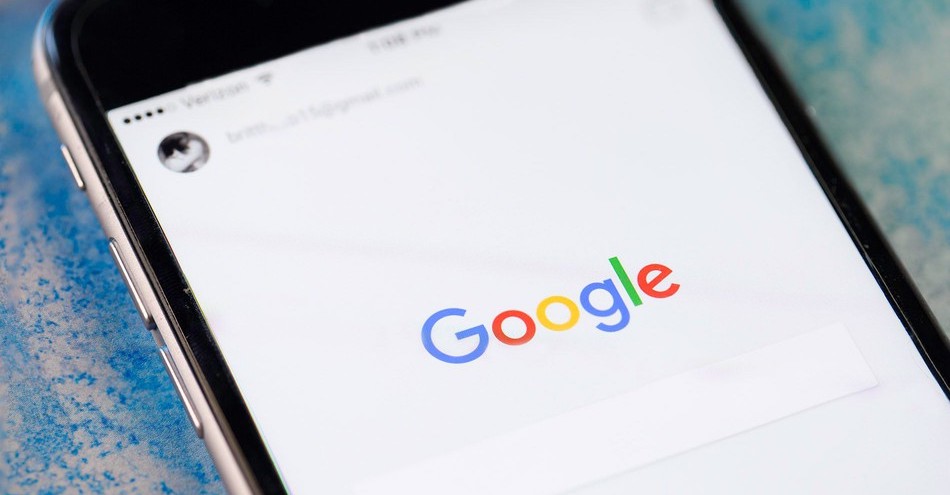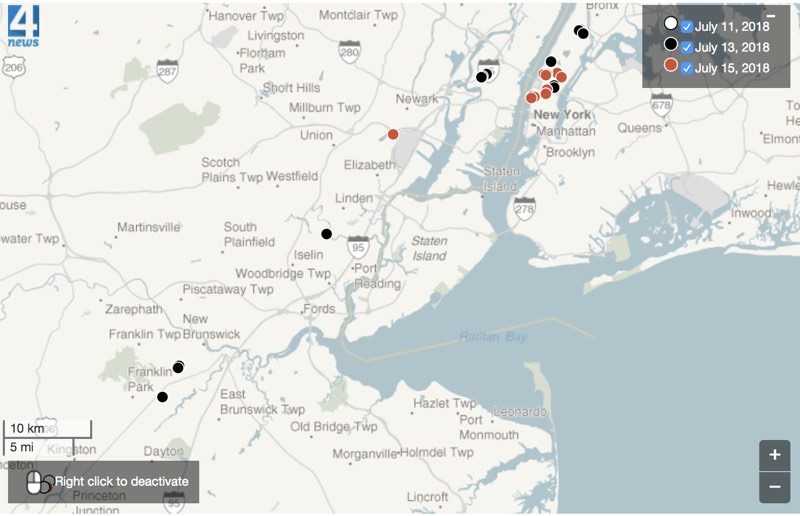The media recently reported that some of Google's applications record the user's location even when he disables this option. The issue of privacy and security of user data continues to be a rather burning issue for many. A recent survey conducted by Professor Douglas Schmidt of Vanderbilt University showed how the Android operating system fares compared to iOS when it comes to privacy.
In the course of testing, the results of which were published by the organization Digital Content Next, it turned out that an Android smartphone with the mobile version of the Chrome web browser running in the background sent location data to Google a total of 340 times over the course of twenty-four hours. It was sent about fourteen times an hour. An Android phone, even when idle, sends location data to Google about fifty times more often than an iPhone with a Safari browser.
In the case of Safari, Google cannot collect the same amount of data as it does with Chrome - this applies both to data from the browser and to data from the respective device - if the user is not actively using the device at that moment. Google officially confirmed last week that data is sent even when location history is turned off in settings. To more thoroughly eliminate the sending of data, users must also turn off activity on the web and in applications.
Google uses the location of users and its history mainly for the purposes of targeted advertising, which constitutes a significant part of its income. Given that Apple's main revenue comes primarily from the sale of hardware, the Cupertino company is more consistent and considerate of users in this regard. Apple is rightly proud of its approach to privacy protection, and it could be said that it is part of the company's marketing strategy.
It could be interest you

Source: AppleInsider
